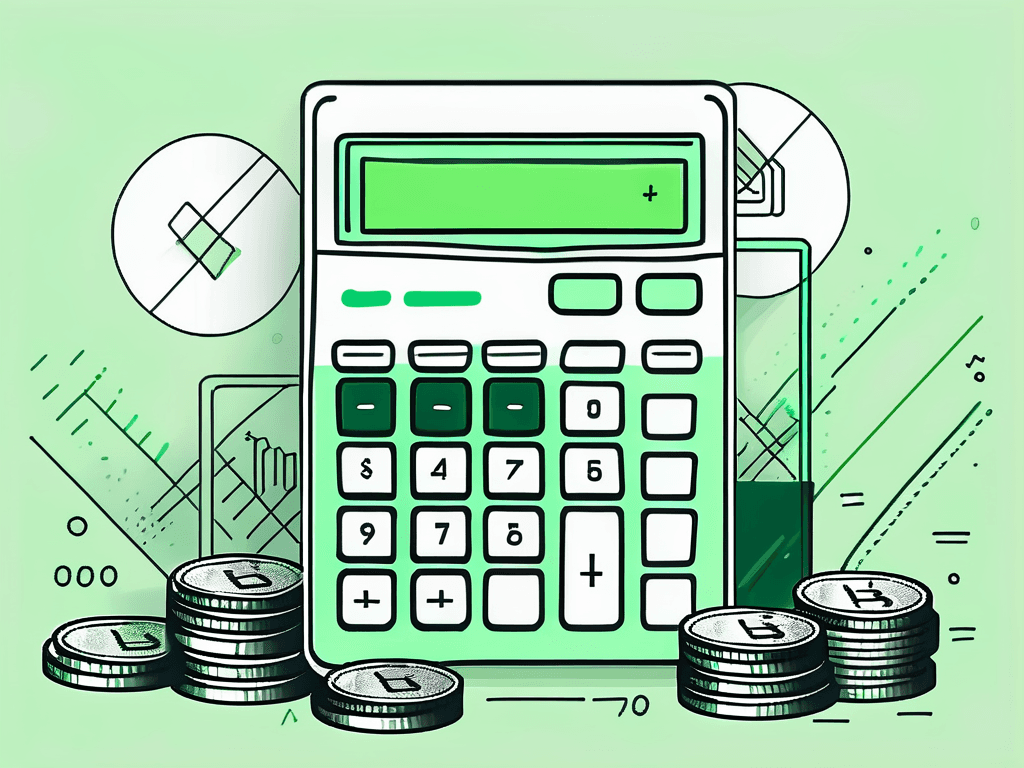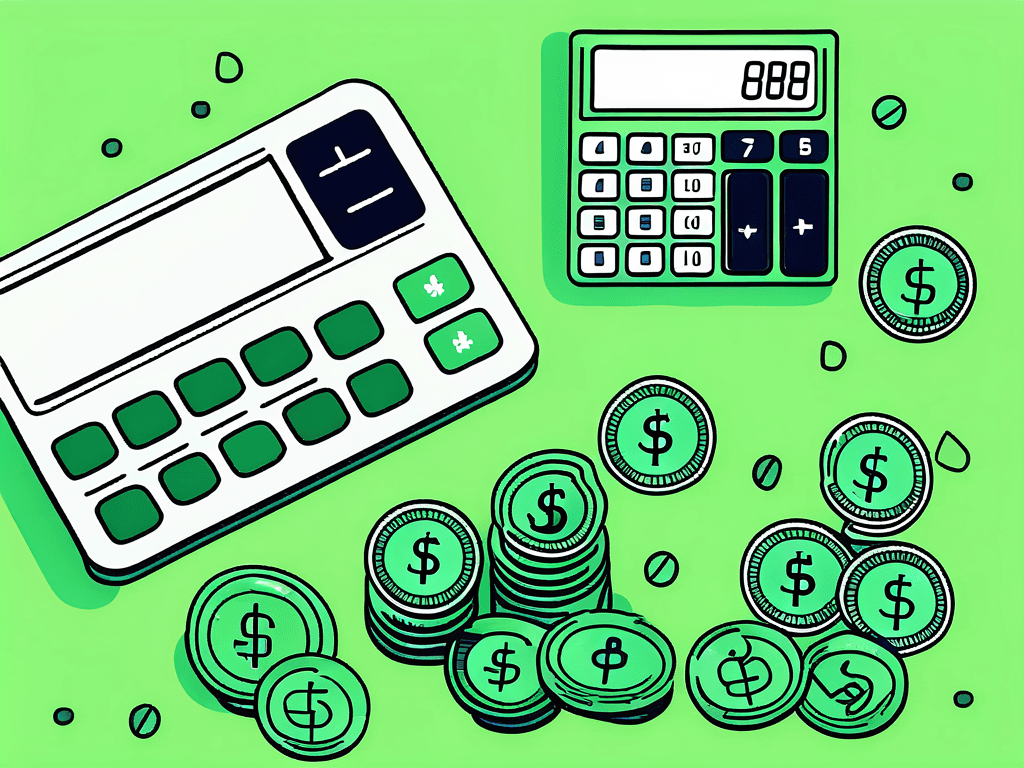How to calculate the costs for Facebook Ads
Aug 22, 2024
Facebook Ads are an effective way to promote your business and reach your target audience. However, to fully leverage the potential of Facebook Ads, it is important to calculate the costs correctly. In this article, we will show you how to understand and optimize the costs of Facebook Ads.
Understanding the Facebook Ads Cost Structure
Before we delve into cost calculation, it is important to understand the structure of Facebook Ads costs. The costs of Facebook Ads consist of various factors that we will examine in more detail below.
To fully capture the cost structure of Facebook Ads, it is helpful to also consider the role of ad formats. Facebook offers different types of ad formats, including image ads, video ads, carousel ads, and more. Each format can incur different costs depending on the type of interaction it requires and generates.
The Role of Bidding Strategies
An important component of Facebook Ads costs is the bidding strategy you choose. Facebook offers different options for placing your bid, such as Cost per Click (CPC) or Cost per Impression (CPM). Choosing the right bidding strategy can affect your ad costs.
It is also important to note that Facebook offers dynamic bidding strategies, such as the automatic bidding algorithm. These strategies adjust your bids in real time to achieve the best possible results. By utilizing this feature, you can optimize your costs while enhancing the performance of your ads.
Impact of Target Audiences on Costs
The target audience you select for your Facebook Ads can also influence the costs. Choosing a broad audience can lead to higher costs, as more people will see your ads. A more specific target audience, on the other hand, can result in lower costs and a higher conversion rate.
It is advisable to carefully segment your audiences and create different ads for various segments. By targeting effectively, you can reduce your costs by ensuring that your ads are shown only to those most likely to respond.
Importance of Ad Quality
The quality of your ads plays a crucial role in the costs of Facebook Ads. If your ads contain relevant content and are attractively designed, they are more likely to be clicked by users. This can lead to lower costs per click or impression.
It is worth investing time and resources into creating high-quality ads, as this can not only lower costs but also increase the effectiveness of your advertising campaigns. Make sure to regularly monitor the engagement and performance of your ads to ensure they remain effective.
Steps to Calculate Facebook Ads Costs
Now that you know how the costs of Facebook Ads arise, we will present the steps to calculate those costs. By following these steps, you can ensure that your spending is used effectively.

Defining the Advertising Objective
Before you start your Facebook Ads, you should be clear about what goal you want to achieve. Do you want to generate more traffic to your website, achieve more conversions, or increase your brand awareness? By clearly defining your advertising goal, you can align your spending with the appropriate measures.
Selecting the Target Audience
Choosing the right target audience is a crucial factor in optimizing your costs. Analyze your potential target audience and make a selection based on demographic data, interests, and behaviors. This way, you can specifically reach those individuals who are most likely to be interested in your offerings.
Determining the Budget
A well-considered determination of your budget is essential to accurately calculate the costs of your Facebook Ads. Consider your marketing goals, the competitive situation in your industry, and the potential outcomes you can expect. Ensure that your budget is realistic and allows you to achieve your goals.
Another important aspect of calculating Facebook Ads costs is the continuous monitoring and optimization of your ads. By regularly analyzing the performance of your ads, you can make adjustments to increase effectiveness and avoid unnecessary spending. Test different ad texts, images, and audience segmentations to find out which combination works best.
Tracking and Measuring Results
To evaluate the success of your Facebook Ads campaigns, it is essential to track and measure the results. Use tools like the Facebook Ads Manager to monitor metrics such as clicks, conversion rate, and cost per conversion. By analyzing this data, you can optimize your strategy and ensure that your investments produce a positive ROI.
Optimizing Facebook Ads Costs
To optimize the costs of Facebook Ads, it is important to continuously improve and adjust your ads. Below are some strategies that can help you.

Improving Ad Quality
To reduce costs per click or impression, ensure that your ads are engaging and relevant. Test different variations of your ad texts and images to find out which combination yields the best results. High ad quality can lead to lower costs and a higher conversion rate.
Effective Use of Bidding Strategies
Test different bidding strategies to find out which ones fit best with your goals and budget. Regularly monitor the performance of your ads and adjust your bids accordingly. By effectively utilizing your bidding strategies, you can optimize your costs.
Adjusting the Target Audience
Regularly analyze the performance of your ads and adjust your target audience accordingly. Remove individuals who do not align with your marketing goals and add new audiences that may convert better. By continuously optimizing your target audience, you can reduce your costs and maximize your results.
It is also important to monitor and adjust the performance of your ads across different device types. Mobile devices like smartphones and tablets often have different conversion rates compared to desktop computers. By adapting your ads for mobile devices, you can increase the effectiveness of your campaigns and potentially save costs.
Optimizing Ad Timing
Investigate your ad data to find out when your target audience is most active. Adjust your ad scheduling accordingly to ensure that your ads are shown at the right time and receive maximum attention. By optimizing ad timing, you can increase interactions with your ads and potentially lower your costs per conversion.
Common Mistakes in Calculating Facebook Ads Costs
Despite all the mentioned strategies, mistakes can occur when calculating Facebook Ads costs. Here are some common mistakes to watch out for:

Underestimating the Budget
A common mistake is setting the budget for Facebook Ads too low. If you do not invest enough, your ads may not achieve enough reach to generate effective results. Regularly review your budget and adjust it if necessary to achieve the desired results.
Neglecting Ad Quality
Some companies focus more on the budget than on the quality of their ads. Neglected or uninteresting ads have little success and lead to higher costs per click or impression. Ensure that you invest enough time and resources to create high-quality ads.
Misunderstandings in Target Audience Selection
If you do not carefully analyze and select your target audience, you may incur unnecessarily high costs. It is important to continuously review and adjust your target audience to ensure you reach the right people and optimize your costs.
By accurately calculating and optimizing the costs of Facebook Ads, you can effectively deploy your marketing budget and achieve better results. Implement the above steps and strategies to unlock the full potential of your Facebook Ads campaigns.
Another common mistake in calculating Facebook Ads costs is neglecting ad placement. The placement of your ads on Facebook can have a significant impact on costs and performance. It is important to understand the different placement options and select those that best align with your goals.
Some companies make the mistake of spreading their ads too broadly, attempting to target too large of an audience. This can lead to ineffective results and higher costs. It is advisable to define your target audience as precisely as possible and target them specifically to make your ads more effective and cost-efficient.

